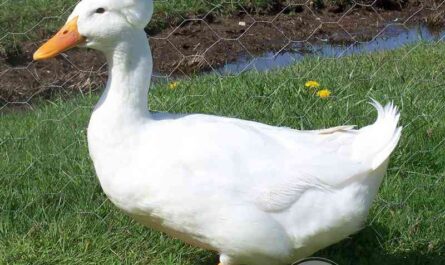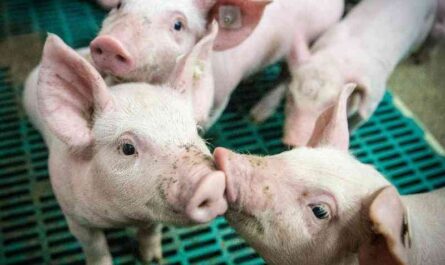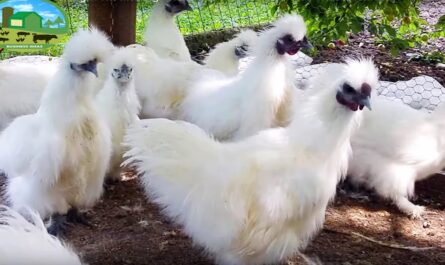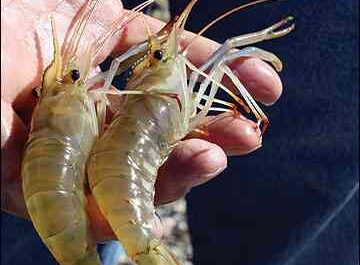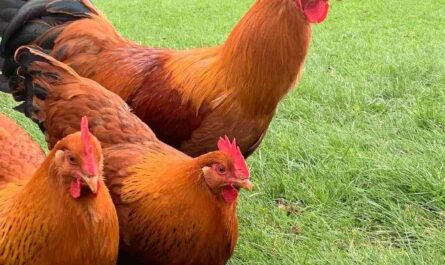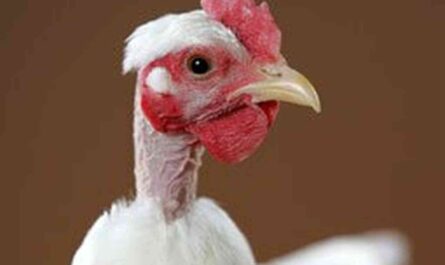Do you know the common diseases in laying hens? You need to know this if you are new and want to start a laying hen farm.
Birds of all ages, sexes and species are susceptible to various diseases. But among the diseases, some conditions mainly affect laying hens. These diseases are very harmful to your chickens, cause reproductive problems and eventually kill your bird.
Care, feeding nutritious food and proper care can prevent almost all kinds of illnesses and diseases.
Common diseases of laying hens
You should always take good preventative measures to reduce the risk of laying hens getting sick. Here we are talking about some common diseases in laying hens.
egg drop syndrome
The only syndrome of this disease is a sharp decrease in egg production. Healthy hens usually start laying eggs when they are mature. Dropped egg syndrome originally resulted from vaccinating chicks with a contaminated vaccine.
And it can be transmitted from asymptomatic hens to their nearest healthy chicks. Chickens transmit the virus through their feces. There is no cure for this disease. Naturally, after moulting, the hen usually begins to lay quality eggs again.
Cellular layer fatigue
Always feed laying hens nutritious feed specially prepared for laying hens. Not only does this help improve egg production, but it also helps keep hens healthy.
Many diseases affect the herd due to an imbalance in the nutrition of cheap homemade feed. Laying hens are particularly affected due to the insufficient ratio of phosphorus and calcium.
If you notice a hen that is alert but unable to move, she may be suffering from cage fatigue. If not treated quickly, she may die of dehydration.
Move the affected bird to another cage and give it fresh water and quality food. If you are using cheap, low-quality homemade foods, replace them as soon as possible and feed them quality foods.
This will help you avoid new cases of disease in your herd. Raising a herd in an outdoor environment can help prevent disease.
Rickets
Laying hens can develop rickets due to a lack of vitamin D or the correct ratio of calcium and phosphorus in their usual diet. Soft and twisted bones, thin-shelled eggs, lameness, broken limbs, low egg production, etc. are symptoms of this disease.
If you feed the flock commercially prepared laying hen feed, the risk of contracting rickets is lower. Because most of these commercial feeds for laying hens contain all the necessary nutrients, vitamins and minerals in the right ratio.
egg peritonitis
If the peritoneum or abdominal mucosa becomes infected and inflamed, the laying hen may develop ovarian peritonitis. This is usually due to the yolk not exiting the laying hen’s oviduct as it should and entering the abdominal cavity.
Unusual posture or a distended abdomen are symptoms of ovarian peritonitis. You can try antibiotics. It will fight infections and drain the abdominal cavity. But in most cases, laying hens with egg peritonitis die.
fatty liver syndrome
Fatty liver syndrome occurs due to the accumulation of too much fat in the chicken’s liver. Bleeding and death are symptoms of this disease. Combs in chickens are pale, they have fatty liver syndrome.
Feeds with too many carbohydrates can lead to high levels of fat in laying hens. Reduce the amount of carbohydrates in your diet and change your eating habits a bit.
Chickens raised in a cage system suffer greatly from this disease. On the other hand, free-range chickens are less affected by this disease.
These are common diseases in laying hens. You can protect your chickens from all types of disease by caring for them properly and providing them with nutritious feed, good housing, fresh water, and good housing.






